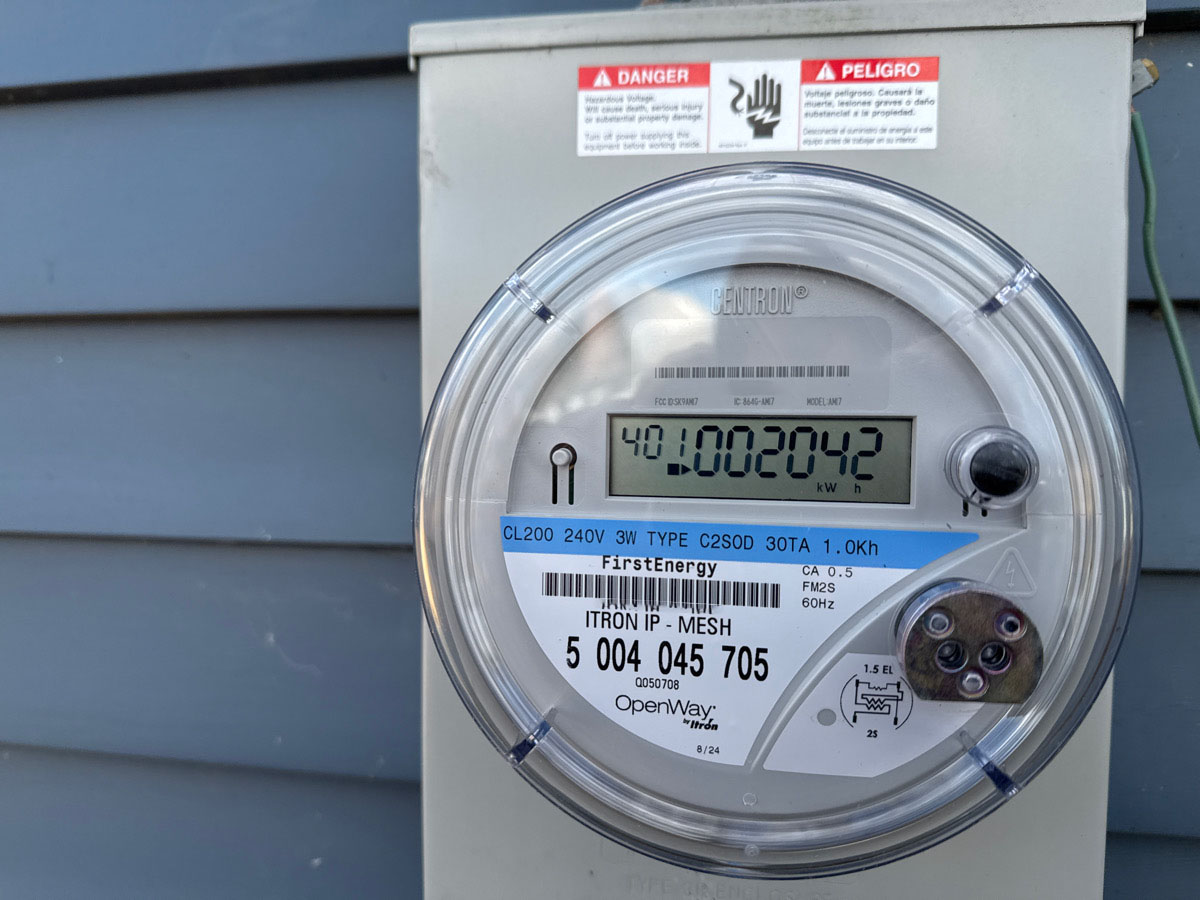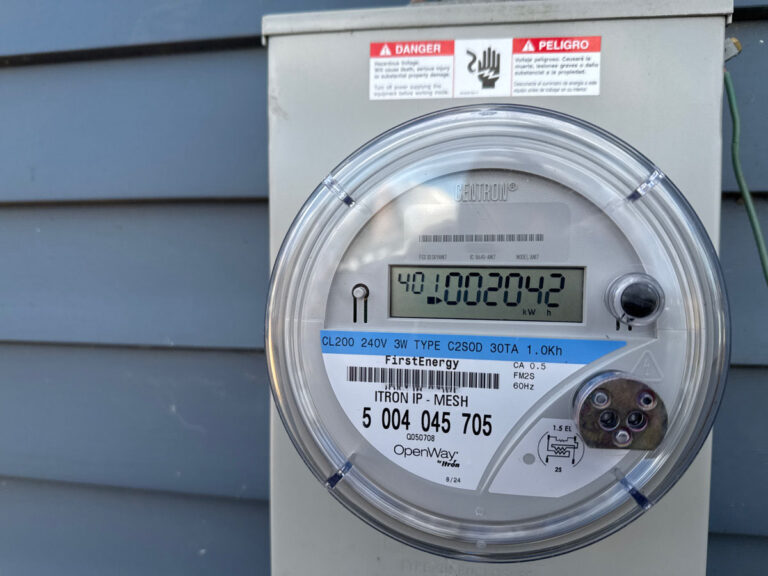
New Jersey is undergoing a significant transformation in its energy infrastructure with the widespread implementation of smart meters. This advanced technology is set to revolutionize how residents and businesses interact with their electricity usage. In this comprehensive guide, we’ll explore the rollout of smart meters across the Garden State, examining the benefits and potential drawbacks for consumers, and providing insights on how to make the most of this new technology.
The Smart Meter Revolution in New Jersey
New Jersey’s major electric utilities, including PSE&G and JCP&L, are in the midst of a massive smart meter installation program. This initiative is part of a broader effort to modernize the state’s electric grid and provide consumers with more control over their energy consumption.
PSE&G’s Smart Meter Program
PSE&G, one of New Jersey’s largest utility companies, has made significant progress in its smart meter rollout:
- As of July 2023, PSE&G has installed 1 million smart meters.
- The company aims to replace 2.3 million existing electric meters with smart meters by the end of 2024.
- Installations began in 2021 and are expected to continue through 2024.
JCP&L’s Smart Meter Initiative
Jersey Central Power & Light (JCP&L) is also actively participating in the smart meter revolution:
- JCP&L has begun installing smart meters throughout its service area.
- The company plans to install 1.1 million smart meters as approved by the New Jersey Board of Public Utilities.
What Are Smart Meters?
Smart meters are digital devices that measure electricity consumption and communicate this information wirelessly to utility companies. Unlike traditional meters, smart meters provide near real-time data on energy usage, enabling more accurate billing and better energy management.
Key Features of Smart Meters
- Two-way communication between consumers and utility companies
- Near real-time energy consumption data
- Automated meter readings
- Enhanced outage detection and response capabilities
Advantages of Smart Meters for New Jersey Consumers
The implementation of smart meters offers several benefits to New Jersey residents and businesses:
1. More Accurate Billing
Smart meters eliminate the need for estimated bills by providing precise, real-time energy consumption data. This means you’ll only pay for the electricity you actually use.
2. Enhanced Energy Management
With access to detailed energy usage information, consumers can make informed decisions about their electricity consumption. PSE&G’s My Meter dashboard allows customers to track their energy use patterns and identify opportunities for savings.
3. Improved Outage Response
Smart meters enable utility companies to detect power outages more quickly and efficiently. This can lead to faster power restoration, especially following storms.
4. Elimination of Manual Meter Readings
With smart meters, utility companies no longer need to send personnel to read meters manually. This reduces inconvenience for customers and lowers operational costs for utilities.
5. Support for Time-of-Use Pricing
Smart meters pave the way for time-of-use pricing plans, which can help consumers save money by shifting their energy usage to off-peak hours when electricity rates are lower.
6. Environmental Benefits
By providing consumers with more information about their energy usage, smart meters can encourage more efficient energy consumption, potentially leading to reduced carbon emissions.
Potential Disadvantages and Concerns
While smart meters offer numerous benefits, it’s important to consider potential drawbacks and address common concerns:
1. Privacy and Security
Some consumers worry about the privacy implications of smart meters, as they collect detailed data about energy usage patterns. However, utility companies like PSE&G emphasize that they have comprehensive cybersecurity plans to protect customer data.
2. Opt-Out Fees
While New Jersey residents can choose to opt-out of smart meter installation, there may be associated costs. For example, PSE&G charges a $12 monthly fee for customers who opt-out, to cover the cost of manual meter reading.
3. Initial Installation Disruption
The installation process typically requires a brief power interruption, which may be inconvenient for some customers.
4. Potential for Technical Issues
As with any technology, there’s a possibility of malfunctions or connectivity problems. However, utility companies are prepared to address these issues promptly.
5. Health Concerns
Some individuals have expressed concerns about the radio-frequency emissions from smart meters. However, scientific evidence has not shown harmful effects from these low-level emissions.
Making the Most of Your Smart Meter
To fully benefit from your smart meter, consider the following tips:
- Monitor Your Energy Usage: Regularly check your energy consumption data through your utility’s online portal or mobile app.
- Identify Energy-Hungry Appliances: Use the detailed information provided by your smart meter to pinpoint which appliances consume the most energy.
- Adjust Your Energy Habits: Based on your usage patterns, try to shift energy-intensive activities to off-peak hours when electricity rates may be lower.
- Consider Time-of-Use Plans: If available, explore time-of-use pricing options that could help you save money by aligning your energy usage with lower-cost periods.
- Invest in Energy-Efficient Appliances: Use the insights gained from your smart meter to make informed decisions about upgrading to more energy-efficient appliances.
Maximize Your Energy Savings
Now that you’re equipped with knowledge about smart meters, it’s time to take action and maximize your energy savings. Here are some affiliate offers that can help you make the most of your smart meter:
- Smart Home Energy Monitor: Get real-time insights into your energy consumption with a smart home energy monitor. These devices work in tandem with your smart meter to provide even more detailed information about your energy usage.
- Smart Thermostats: Optimize your heating and cooling with a smart thermostat that can automatically adjust based on your energy usage patterns and preferences.
- Energy-Efficient Appliances: Upgrade your home with ENERGY STAR certified appliances that can significantly reduce your energy consumption.
- Home Energy Audit Kit: Conduct your own energy audit to identify areas where you can improve efficiency and reduce consumption.
- Solar Panel Systems: Take your energy savings to the next level by investing in a solar panel system that can work in harmony with your smart meter.
The Future of Smart Meters in New Jersey
As the smart meter rollout continues across New Jersey, we can expect to see further innovations and benefits:
- Grid Modernization: Smart meters are a crucial component of a more resilient and efficient electric grid.
- Integration with Renewable Energy: As more homes adopt solar panels and other renewable energy sources, smart meters will play a vital role in managing bidirectional energy flow.
- Electric Vehicle Integration: Smart meters will facilitate better management of electric vehicle charging, potentially offering lower rates for off-peak charging.
- Advanced Energy Management Tools: Expect to see more sophisticated apps and platforms that leverage smart meter data to provide personalized energy-saving recommendations.
Conclusion
Smart meters represent a significant step forward in New Jersey’s energy infrastructure. While there are some concerns to address, the benefits of increased energy awareness, more accurate billing, and improved grid management are substantial. As a consumer, embracing this technology and using the tools it provides can lead to more informed energy decisions and potential cost savings. Remember, whether you’re in PSE&G’s service area or JCP&L’s territory, your utility company is committed to helping you understand and benefit from your new smart meter. Don’t hesitate to reach out to them with any questions or concerns as you navigate this new era of energy management. By taking advantage of the insights provided by your smart meter and considering the energy-saving products we’ve recommended, you can take control of your energy consumption, reduce your carbon footprint, and potentially lower your electricity bills. The power to manage your energy use more effectively is now literally at your fingertips – make the most of it!



